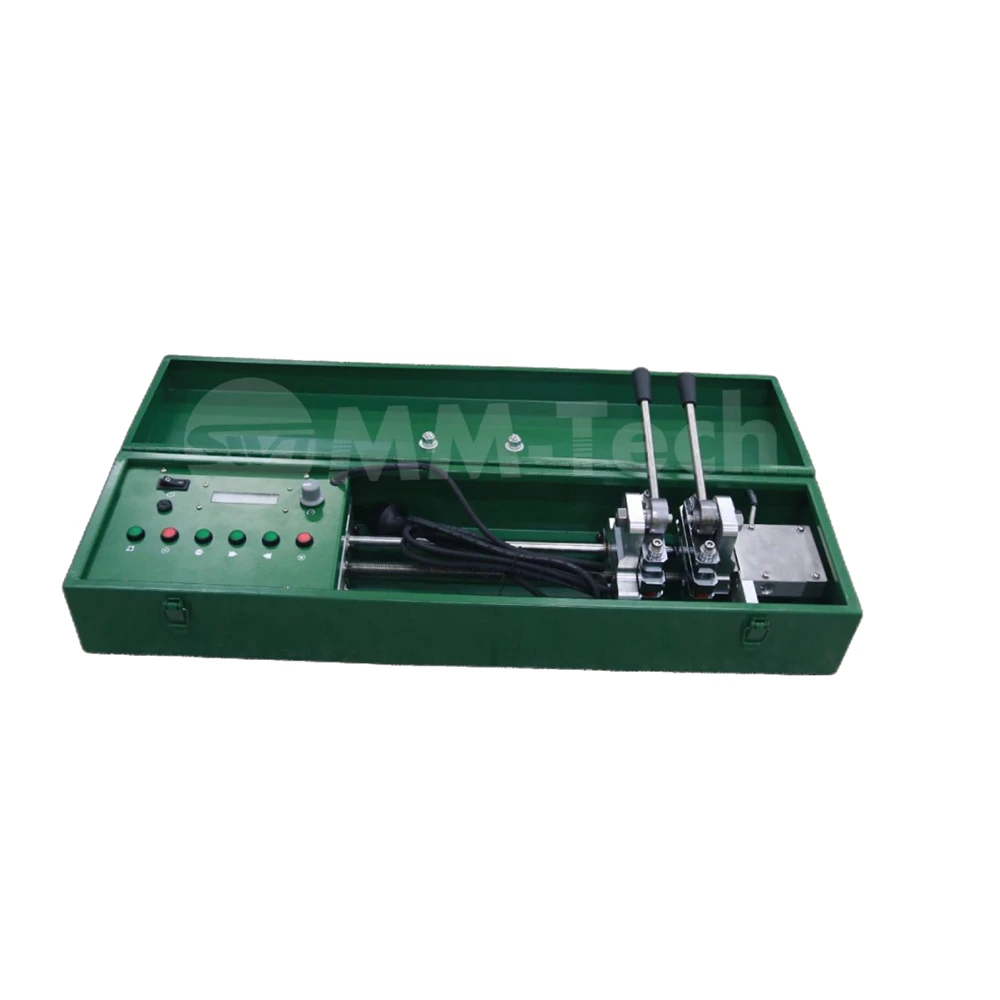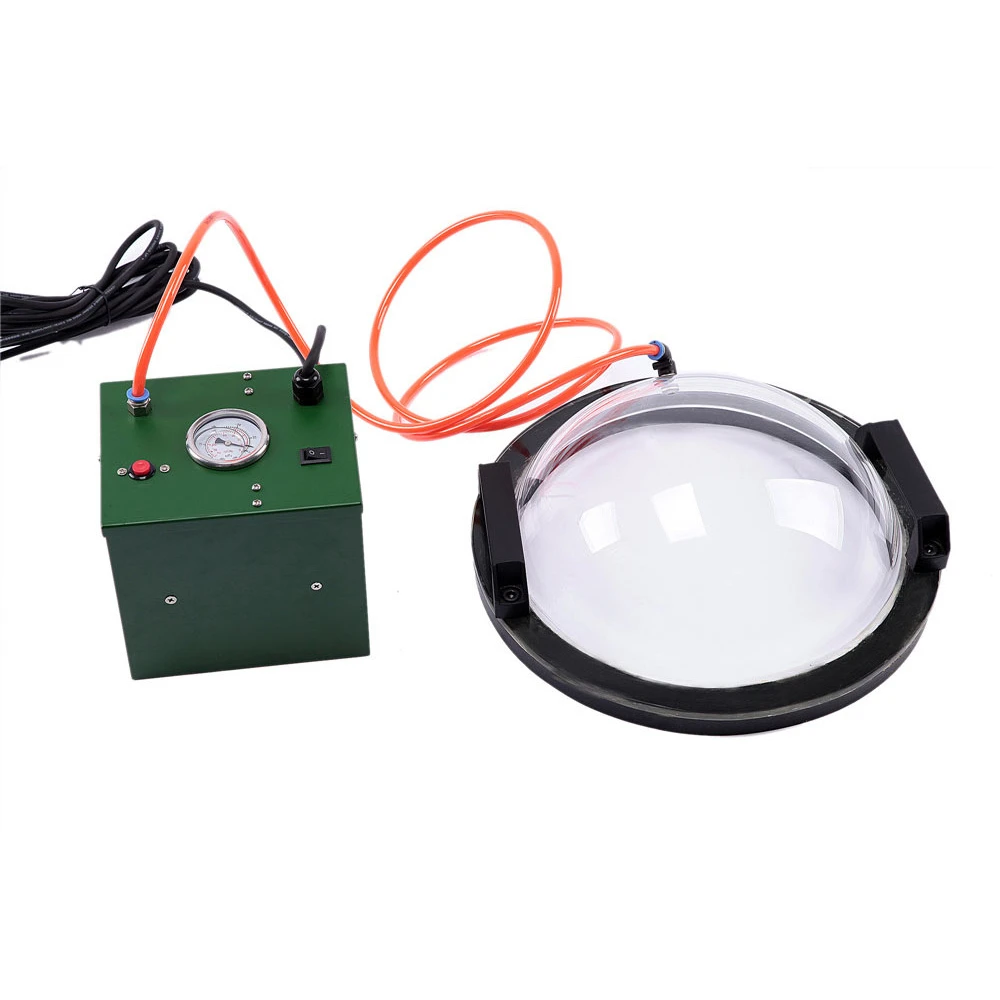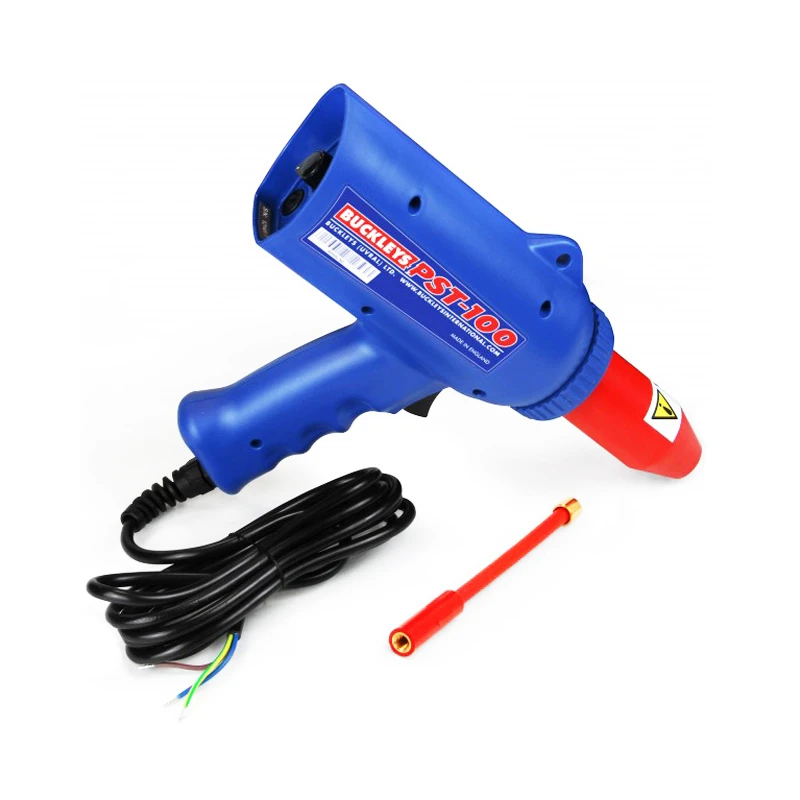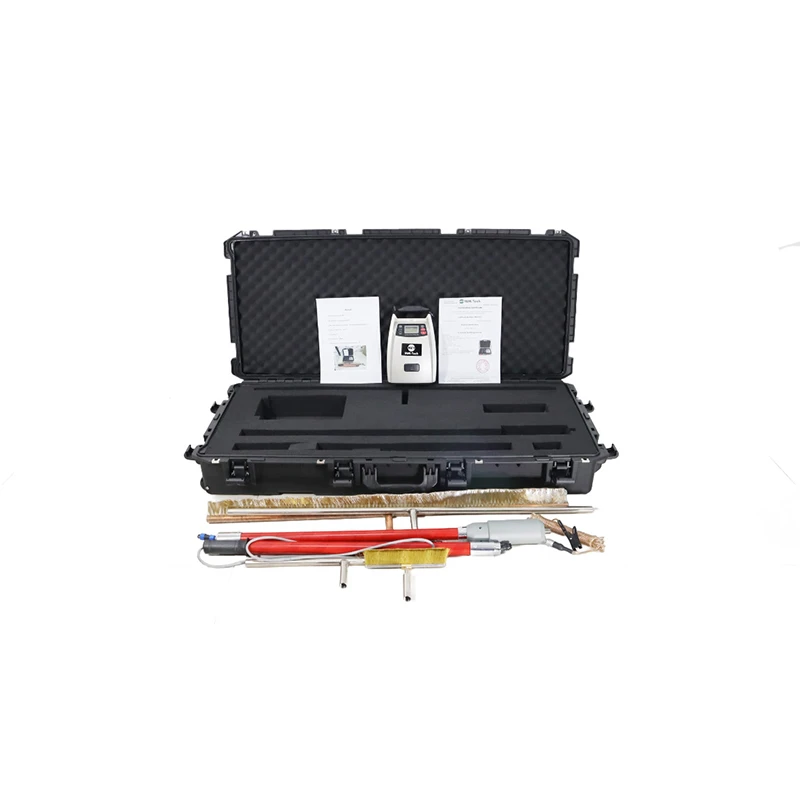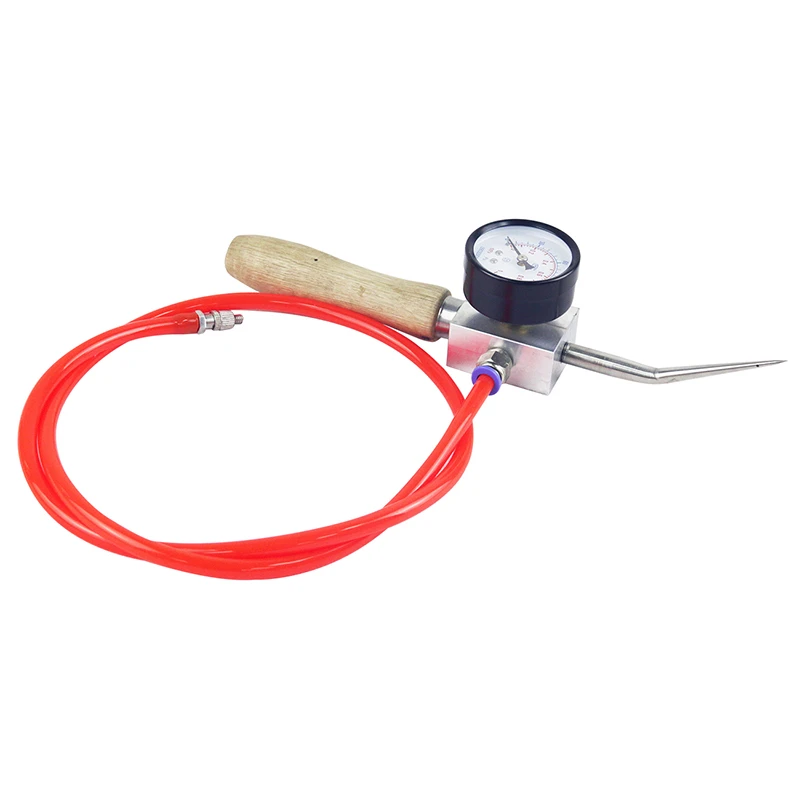-
 E-Mail: info@peweldingmachine.com
E-Mail: info@peweldingmachine.com
-
 +86-137 3974 5191
+86-137 3974 5191
-
 Hinzufügen:
Hinzufügen:Nr. 355, Youyi-Straße, Bezirk Qiaoxi, Shijiazhuang, Hebei, China.
Testwerkzeuge
Bannerschweißgeräte sind speziell für das effiziente Schweißen großer Banner, Zelte und Stoffe konzipiert. Die Maschinen werden häufig in der Druck-, Werbe- und Textilindustrie eingesetzt, wo die Herstellung großer Banner, Werbetafeln und Schilder unerlässlich ist. Bannerschweißgeräte sind für die besonderen Herausforderungen beim Schweißen großer Materialstücke konzipiert. Sie verbinden Materialien mit glatten, sauberen Oberflächen und erzeugen Nähte, die sowohl ästhetisch ansprechend als auch strukturell robust genug sind, um Witterungseinflüssen wie Wind und Regen standzuhalten.
Die Maschinen schweißen Nähte, Säume und Verstärkungen und sorgen so für eine gute Abdichtung und Haltbarkeit des Banners. Der Prozess ist sehr präzise, und die Maschinen verfügen in der Regel über einstellbare Temperatur-, Geschwindigkeits- und Druckeinstellungen. So kann der Bediener den Schweißvorgang an die verwendeten Materialien und die gewünschten Ergebnisse anpassen.
What Are Testing Tools?
Testing tools are software applications or frameworks designed to assist in evaluating, verifying, and validating the functionality, performance, security, and usability of other software, systems, or products. These tools help automate testing processes, detect defects, and ensure that the final product meets quality standards before deployment.There are various types of testing tools, each catering to different aspects of software testing. Functional testing tools focus on verifying that a system operates according to its specified requirements, ensuring that all features work as intended. Performance testing tools measure speed, responsiveness, and stability under different conditions, identifying bottlenecks and potential failures. Security testing tools assess vulnerabilities, helping to prevent cyber threats by identifying weaknesses in software defenses. Usability testing tools analyze user experience, making sure interfaces are intuitive and user-friendly.
Automation testing tools play a crucial role in modern software development, reducing manual effort and improving testing efficiency. They execute test scripts, compare expected and actual results, and provide detailed reports. Popular automation testing tools include Selenium, JUnit, and TestNG for software applications, while LoadRunner and JMeter are commonly used for performance testing.The choice of testing tools depends on project requirements, technology stack, budget, and team expertise. Open-source tools offer flexibility and community support, while commercial tools often provide advanced features and dedicated support. Cloud-based testing tools enable remote execution and collaboration, enhancing scalability and accessibility.
Testing tools streamline the software development lifecycle by identifying issues early, reducing costs, and ensuring a smooth user experience. As software complexity increases, the role of testing tools becomes more vital in maintaining quality and reliability, making them indispensable for businesses aiming to deliver high-performance and secure products.
What Is QA Testing Tool?
A QA testing tool is a software application or framework designed to assist quality assurance (QA) teams in evaluating and improving the quality, functionality, performance, and security of software products. These tools help automate and streamline the testing process, ensuring that applications meet specified requirements and function correctly before deployment. By identifying defects, inconsistencies, and vulnerabilities, QA testing tools play a crucial role in maintaining software reliability and user satisfaction.
There are various types of QA testing tools, each serving different testing needs. Functional testing tools verify that software features operate as expected, ensuring compliance with business requirements. Performance testing tools assess system responsiveness, stability, and scalability under varying workloads. Security testing tools detect vulnerabilities and potential threats, helping to safeguard applications from cyberattacks. Usability testing tools evaluate the user experience, ensuring that interfaces are intuitive and user-friendly.
Automation testing tools, a key component of QA, reduce manual testing efforts by executing pre-defined test cases, comparing actual results with expected outcomes, and generating detailed reports. Popular automation tools include Selenium, Appium, and TestComplete for functional testing, while JMeter and LoadRunner are widely used for performance testing.QA testing tools can be open-source or commercial, with cloud-based solutions providing flexibility and remote access. The choice of tool depends on project requirements, budget, technology stack, and team expertise. By integrating QA testing tools into the software development lifecycle, businesses can detect defects early, improve efficiency, and reduce time-to-market. With software systems becoming more complex, the use of QA testing tools is essential for ensuring high-quality, secure, and reliable applications that meet user expectations and industry standards.







